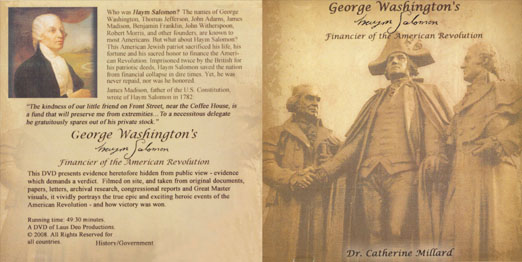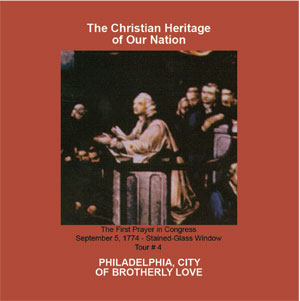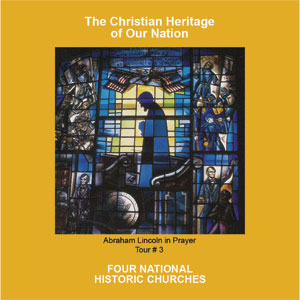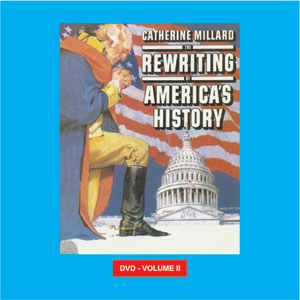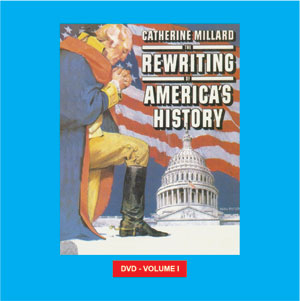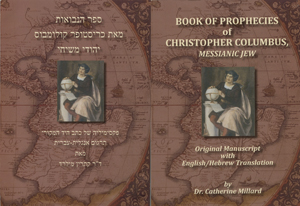Books from the Library of General George
Washington at Mount Vernon. “A Catalogue of the
Washington Collection in the Boston Athenaeum.”
The Inventory of Washington Books drawn up by
the Appraisers of his Estate, after his death
on December 14, 1799.
As I perused this large Inventory of George Washington’s Library of Books, in the Boston Athenaeum, it struck me how many Christian writings, sermons and proclamations it contained, as well as historic books, obviously “shaping the thinking of the man who defeated the British army and secured American independence.” Following are but a few of these titles from the “Catalogue of the Washington Collection in the Boston Athenaeum, inventoried by his Appraisers:”
– Edwards, Bryan
West Indian historian and anti-slavery advocate (1743-1800).
– Edwards, Jonathan, D.D., New England Theologian (1745-1801). Observations on the Language of the Muhhekaneew Indians by Jonathan Edwards, pastor of a Church in New-Haven, and Member of the Connecticut Society of Arts and Sciences.
– Eliot, John, D.D. Historical Writer (1754-1813).
A Sermon delivered in the Chapel, Boston.
– Ellicott, Andrew, Civil Engineer (1754-1820).
– Ely, Rev. Zebulon. (1759-1824).
The death of Moses, Servant of the Lord. A Sermon preached at the Funeral Solemnity of his Excellency, Jonathan Trumbull, Esq. L.L.D. Late Governor of the State of Connecticut, August 19, 1785.
– The English Review. For May,1793.
– Erkelens, Dirk. Dutch Poet (1744-1822).
– Erskine, Thomas. Baron (1750-1823).
A view of the causes and consequences of the present war with France.
– Evans, Rev. Israel (1748-1807).
A Discourse delivered on 17th October 1799 to the Officers and Soldiers of the Western Army.
– Evans, Rev. Israel (1748-1807).
An Oration.
– Ewing, James. Revolutionary General (1744-1824).
– A Discourse (near York, in Virginia) before the Brigade of New York Troops and the Division of American Light Infantry under the Command of the Marquis de Lafayette.
– A Discourse (New York) before a Brigade of Continental Troops.
A Sermon, delivered at Concord before the Honorable General Court of the State of New Hampshire at the Annual Election.
– Falconer, William, M.D. English Physician (1744-1824).
An Account of the Efficacy of or Solution of Fixed Alkaline Salt.
– The Farmer’s Complete Guide through all Articles of his Profession.
– Fauchet, Claude (1744-1793).
Éloge cimique de Benjamin Franklin pronouncé le 21 juillet, 1790 dans la Rotonde, Au nom de la commune de Paris, Par M. L’Abbé Fauchet.
– Filson, John. Historian (1747-1788).
The Discovery, Settlement and present state of Kentucky.
– Fish, Rev. Samuel
A Discourse, showing the certainty of Christ’s personal appearance and universal reign at the head of His Zion.
– Fish, Rev. Samuel
A Discourse.
– Fish, Rev. Samuel
A humble Address to every Christian of every nation.
– Fisher, Miers. Lawyer. (1748-1819)
A Reply to the false reasoning in the “Age of Reason” to which are added, some thoughts on idolatry; on the devil; and on the origin of moral evil; on educating young men for the Gospel Ministry.
– Fitch, John. Inventor (1743-1798)
The original steam-boat supported.
– Franklin, Benjamin.
The examination of Dr. Benjamin Franklin, before an august Assembly, relating to the Repeal of the Stamp Act, etc. (1766).
– G.N. A Scriptural Comment on the Athanasian Creed. (1791).
– Webster, Noah, L.L.D. Lexicographer. (1758-1843).
An examination into the leading principles of the Federal Constitution proposed by the late Convention held in Philadelphia. With answers to the principal objections that have been raised against the system. By a citizen of America.
– Wesley, John. Thoughts upon Slavery. By John Wesley, A.M.
– Wesley, John. The Great Assize. (1783).
A Sermon on Salvation by Faith.
– Wesley, John. The Important Question: (1783).
A Sermon on Matthew 16:26 by John Wesley, M.A.
– Wesley, John. A Sermon on Original Sin.
– Wesley, John. The Almost Christian.
A Sermon on Acts 26:28.
– Bible. The Holy Bible: with the Apocrypha.
– The Bible and the Sword; or, the Appointment of the General Fast vindicated: In an Address to the Citizens of America; concerning the Propriety of opposing British Piracy and Outrage, and of fasting when the Sword is drawn for that Purpose. Baltimore: Printed by the Author.
– Bible Society of Philadelphia.
– Bible Society of the District of Columbia.
– Proclamation appointing November 26, 1789 a Day of Thanksgiving. October 3, 1789.
– Smith, William, D.D. Provost of the College and Academy of Philadelphia. (1727-1803).
– To His Excellency, George Washington, Esq. The Address of the Citizens of New York, who have returned from Exile, in behalf of themselves and their suffering Brethren. With Washington’s reply, November 20, 1783.
– To the President of the United States. The Address of the Religious Society called Quakers, from their Yearly Meeting for Pennsylvania, New Jersey, Delaware and the western parts of Virginia and Maryland. With the answer. 1789. 1
From the above examples of the volumes and writings in Washington’s Inventory of Books at his Mount Vernon Library (now in the Boston Athenaeum) we understand the caliber, significance and weight of the subjects which preoccupied George Washington’s mind and shaped his thinking. In order to preserve historic accuracy, the topic of Christianity, which Washington revered, should be taught to students and visitors, portraying “the real George Washington.”
To learn more, click here.
_________________________
Bibliography:
1
A Catalogue of the Washington Collection in the Boston Athenaeum. The Inventory of Washington Books drawn up by the Appraisers of his Estate. By William Coolidge Lane, Librarian of the Boston Athenaeum. The Boston Athenaeum, 1897. (The Boston Athenaeum here records its gratitude to a number of citizens of Boston and vicinity for the gift, in 1848, of these books, formerly a part of the Library of General George Washington at Mount Vernon.”)

